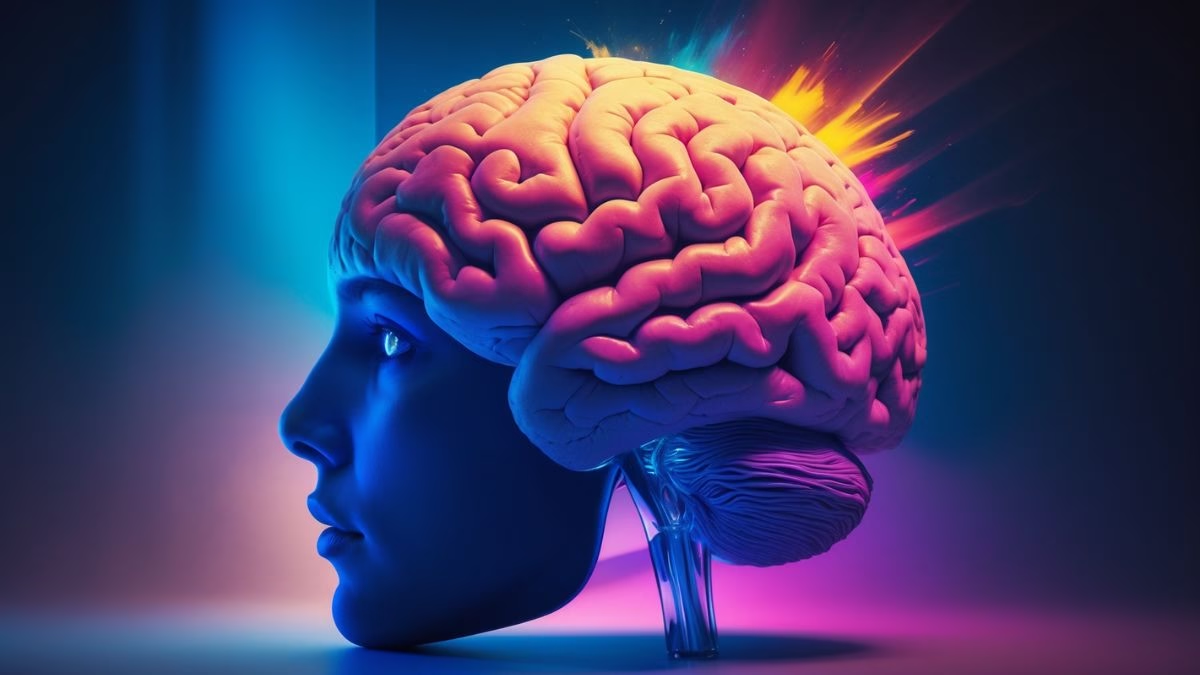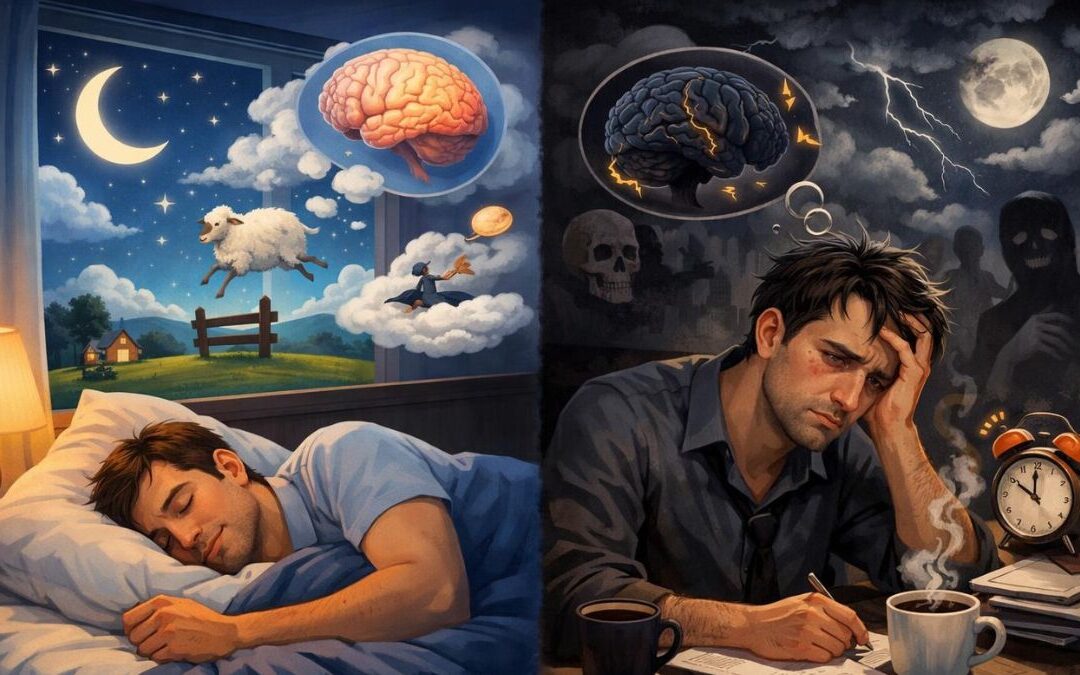Introduction
Welcome back, explorer of the mind! In our last discussion, we navigated the complex landscape of the brain. Now, it’s time to learn how experts create a map of this territory. This quiz is your hands-on guide to understanding the major categories of brain disorders. Think of it like learning to identify different genres in a massive library—knowing the genre helps you understand the story.
By taking this quiz, you won’t just be testing your memory; you’ll be actively learning how to recognize the core features that define different types of brain health challenges. This knowledge is a superpower. It builds empathy, helps you make sense of what you see in the news or hear from loved ones, and dismantles the myth that all brain disorders are the same. Let’s start mapping!
Learning Quiz
This is a learning quiz from English Plus Podcast, in which, you will be able to learn from your mistakes as much as you will learn from the answers you get right because we have added feedback for every single option in the quiz, and to help you choose the right answer if you’re not sure, there are also hints for every single option for every question. So, there’s learning all around this quiz, you can hardly call it quiz anymore! It’s a learning quiz from English Plus Podcast.
Quiz Takeaways | A Library for the Mind: Making Sense of Disorder Categories
Hello again. Congratulations on making it through the quiz! You’ve just navigated some of the most complex terrain in all of medicine. It can feel like a lot of jargon, but I want you to think about what we just did in a different way. Imagine you walk into a library the size of a city, and none of the books have been sorted. Novels are mixed with history books, poetry is next to science textbooks. It would be chaos. Finding the information you need would be impossible.
Classifying brain disorders is like creating a system to organize that library. It’s not about judging the books or saying one genre is better than another. It’s about creating a shared system so that librarians (clinicians and researchers) can find the right book for the right person and communicate with each other about what they’ve found. The categories we’ve just explored—Mood Disorders, Neurodevelopmental Disorders, Anxiety Disorders, and so on—are the different sections of this library. They group books with similar themes and characteristics to make them easier to understand, study, and, in the case of brain health, treat.
Let’s walk through a few of the main sections we covered. The Mood Disorders section is all about the story of our emotions. We all have emotions that change, but these disorders are defined by when that emotional “weather” becomes a persistent and debilitating “climate.” In Major Depressive Disorder, it’s a climate of enduring low mood, loss of interest, and heavy fatigue. In Bipolar Disorders, the climate is one of extreme shifts, from the frantic, energetic highs of mania to the crushing lows of depression. The key is the sustained disruption to a person’s emotional equilibrium.
Next is the Anxiety Disorders section. If mood is the climate, anxiety is the brain’s alarm system. It’s designed to warn us of danger. In anxiety disorders, this alarm system becomes faulty. It might be stuck in the “on” position, like in Generalized Anxiety Disorder, where a person feels constant, excessive worry about everything. Or, the alarm might be hyper-sensitive to specific triggers, like in a phobia, where the sight of a spider sets off a full-blown panic. We also have related sections, like Obsessive-Compulsive Disorders, where the alarm is a specific, intrusive thought (an obsession), and the brain tries to shut it off by performing a ritual (a compulsion).
Then we have the Neurodevelopmental Disorders section. These aren’t stories about a climate change or a faulty alarm; these are stories written in a different dialect from the very beginning. Conditions like Autism Spectrum Disorder and ADHD arise from variations in how the brain grows and wires itself. They are not diseases in the traditional sense; they are fundamental differences in processing the world. The challenges that arise are often not from the “different wiring” itself, but from the friction of living in a world that was designed for a more typical neurological setup.
As we move through life, we enter another potential section: Neurocognitive Disorders. This is the library’s archives, where memories and learned skills are stored. Disorders like Alzheimer’s are like a slow fire in this archive, gradually destroying the books and the card catalog needed to find them. The defining feature here is a decline from a previous state. It’s the loss of cognitive abilities that someone once had.
Of course, no library is perfectly organized, and neither is the human mind. The most important lesson to take away from this is that these sections have blurry boundaries. A person can have books from multiple sections. This is what clinicians call comorbidity. It’s incredibly common for someone with an anxiety disorder to also experience depression, or for a person with ADHD to struggle with anxiety. The human brain is not a neat and tidy place.
Furthermore, these categories are not life sentences, and they do not define a person. They are simply snapshots—the best description clinicians have right now for a cluster of symptoms that are causing someone distress. They are a starting point for a conversation about treatment and support. They are a tool for science to advance our understanding. But the map is not the territory. The book’s genre is not the whole story. Every individual’s experience is unique, colored by their personality, their life experiences, and their resilience.
By learning to recognize these patterns, you’ve done more than just memorize facts. You’ve equipped yourself with a more nuanced and compassionate lens through which to view brain health. You can better understand the news, support a friend who is struggling, and appreciate the incredible complexity of the human mind. You’ve learned the language of the library, and that knowledge is a powerful first step toward building a world that is more understanding, less fearful, and better equipped to care for everyone’s brain health.









0 Comments